Back to Courses

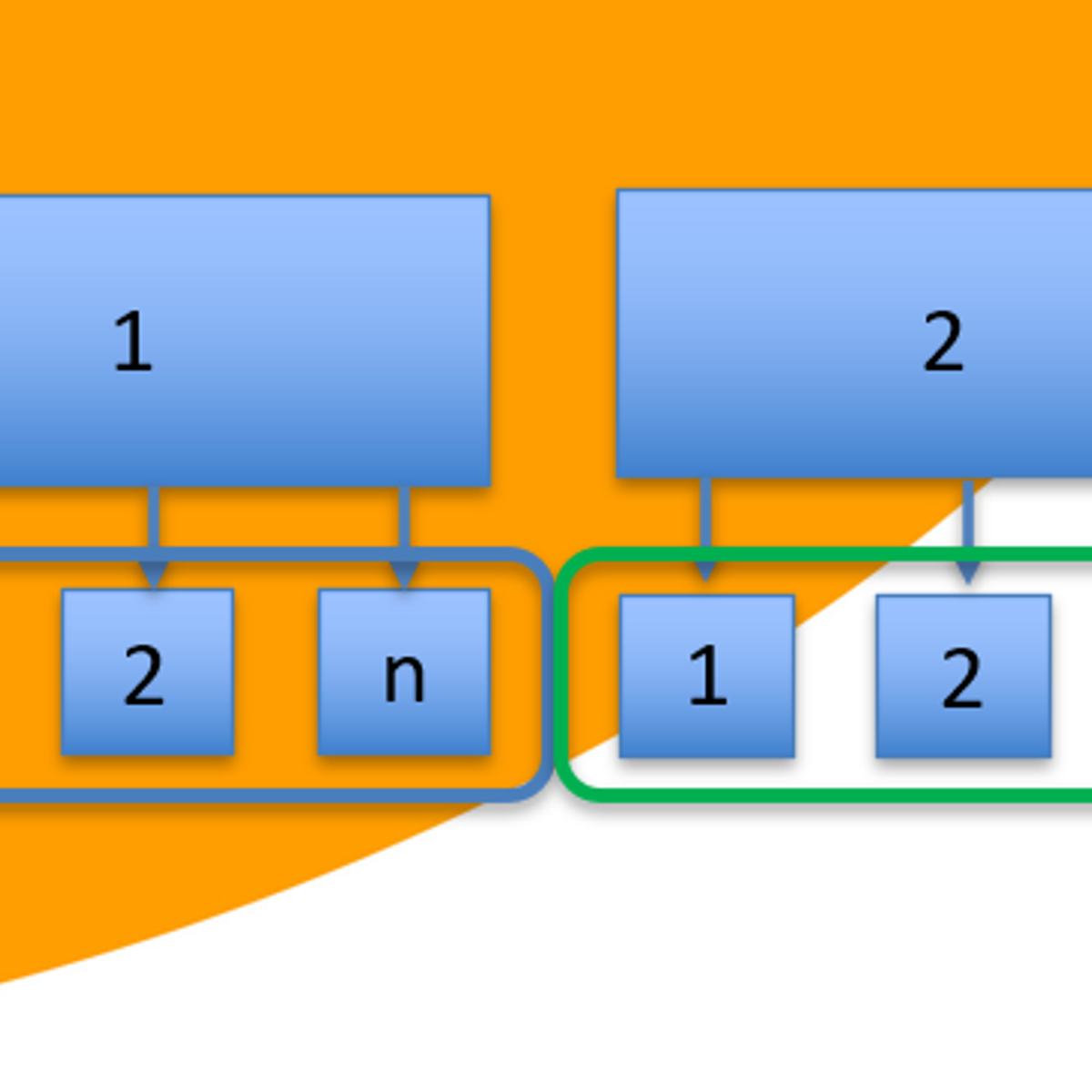
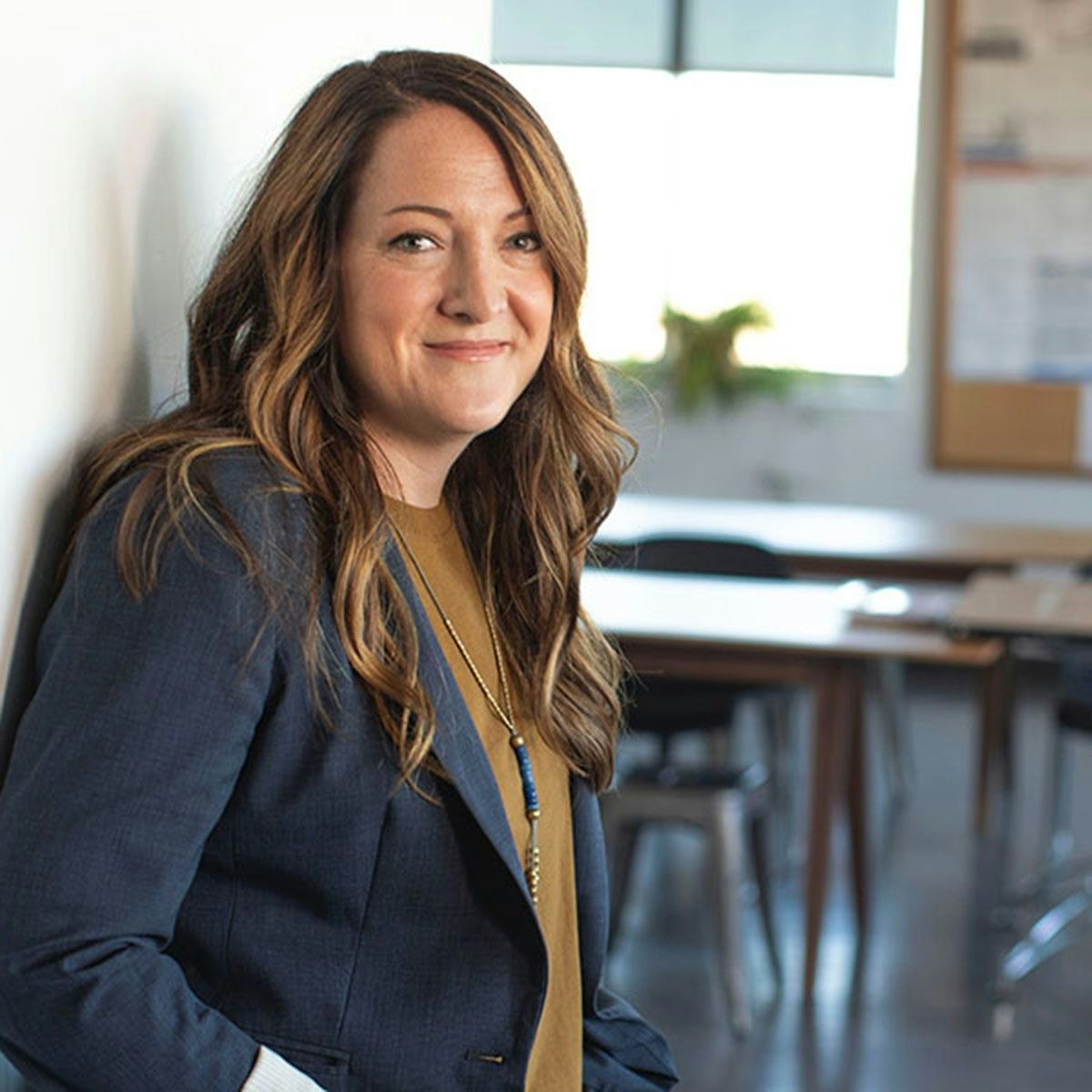

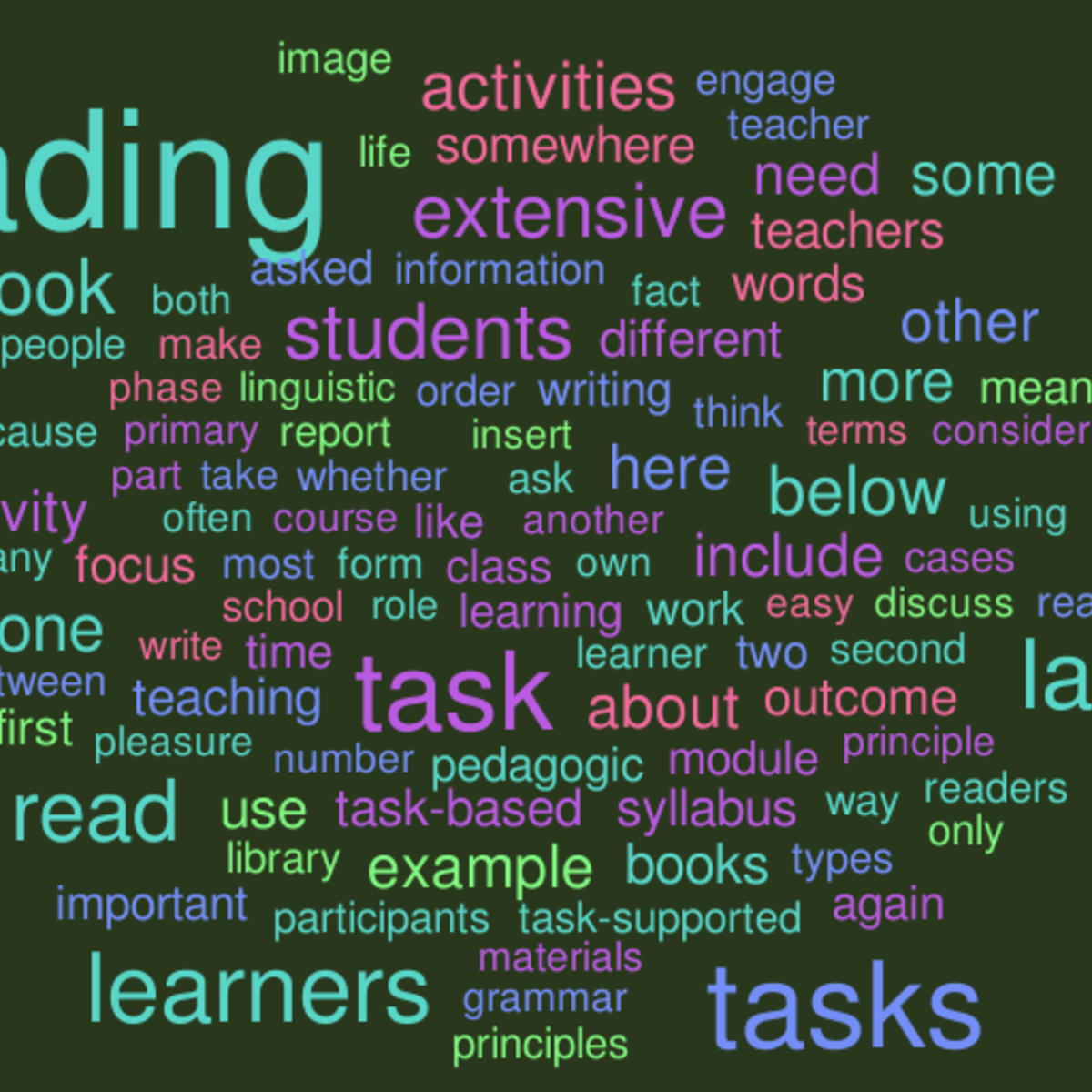

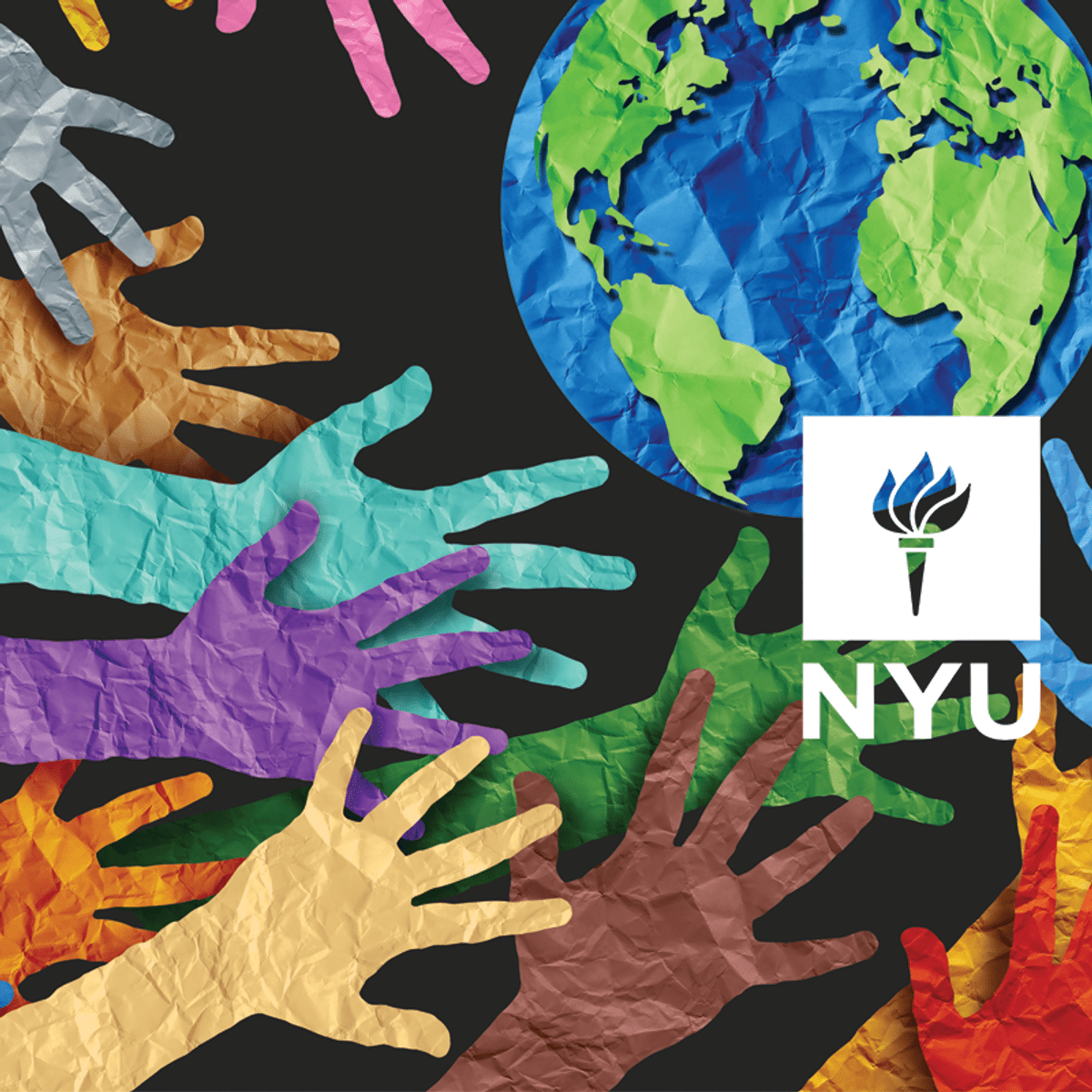

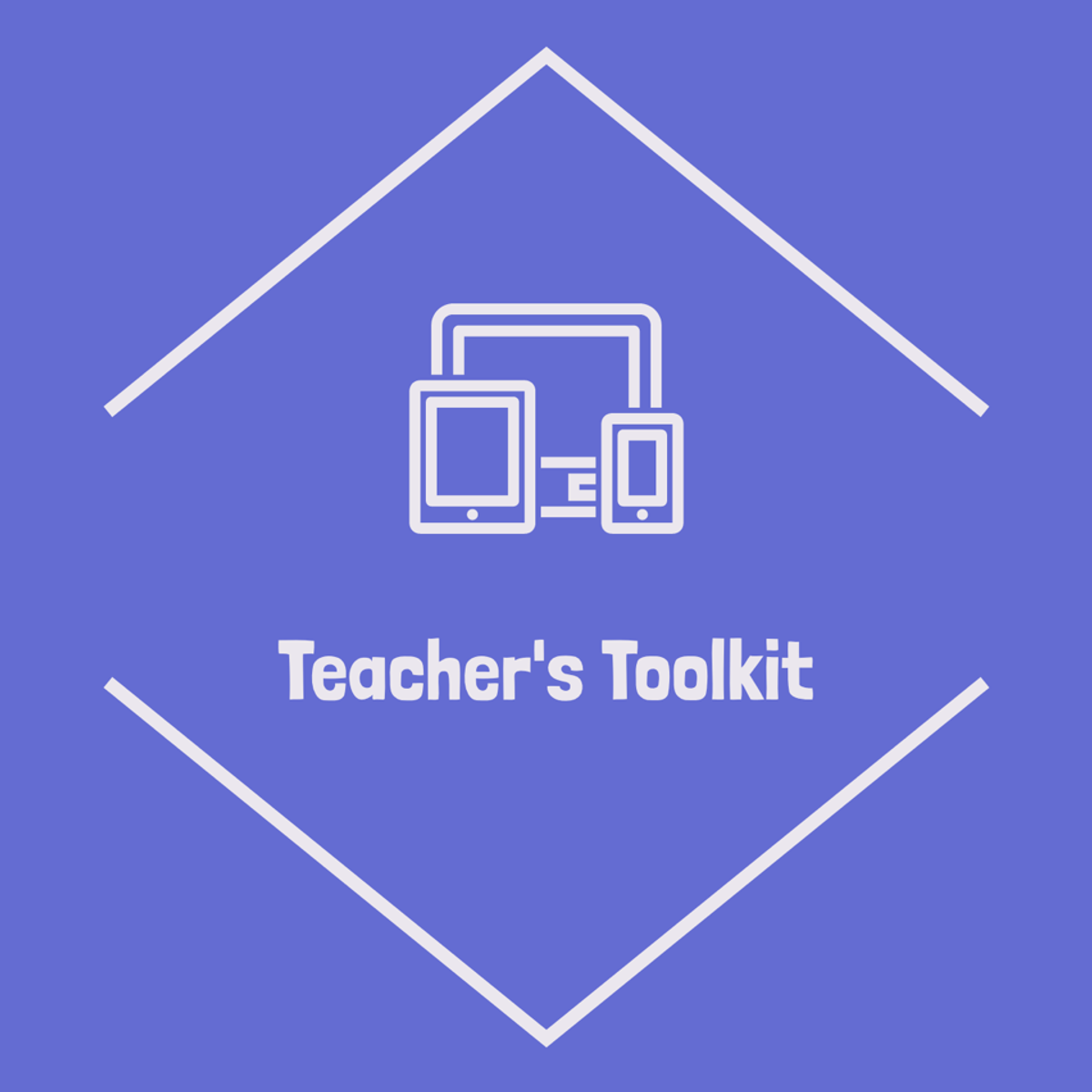
Social Sciences Courses - Page 13
Showing results 121-130 of 672

Introduction to Participatory Approaches in Public Health
This course will introduce you to participatory approaches to public health. You will learn about the history of participatory health research and why it is essential to solving contemporary public health challenges. The course will help you to understand the social and cultural context of public health, before introducing you to essential concepts for working with communities: knowledge and power. Finally, you will engage with critical analyses of participatory approaches, to help you to determine if and when such strategies are appropriate. Throughout the course you will analyse real-world case studies of community-based health projects, including historical HIV social movements, public health projects with sex workers, and participatory approaches to the COVID-19 pandemic. The course will equip you to practice public health in partnership with local communities. It is followed by a second course, Applying Participatory Approaches in Public Health Settings, which builds upon the theoretical foundations of this introductory course.

Global Arctic
The GlobalArctic MOOC introduces you the dynamics between global changes and changes in the Arctic. This course aims to highlight the effects of climate change in the Polar region. In turn, it will underline the impacts of a warmer Arctic on the planet Earth. For human civilization, the Arctic stands both as a laboratory and a warning for human kind.
Besides, this course gives course followers an understanding of the key challenges and pathways to sustainable development in the Arctic region.
This course is unique as it gathers several world’s experts for the first time to speak about the Arctic. Their respective inputs from different academic perspectives and disciplines offer a relevant and complete assessment of the Arctic region and its connection to the rest of the planet. At the end of the day, the course intends to offer in full scope the keys to understanding as the Arctic plays as a mirror of the human and geological dynamics.

Multilevel Modeling
In this course, PhD candidates will get an introduction into the theory of multilevel modelling, focusing on two level multilevel models with a 'continuous' response variable. In addition, participants will learn how to run basic two-level model in R.
The objective of this course is to get participants acquainted with multilevel models. These models are often used for the analysis of ‘hierarchical’ data, in which observations are nested within higher level units (e.g. repeated measures nested within individuals, or pupils nested within schools). In this type of data causes of outcomes (e.g. the performance of pupils in schools) are located both at the level of the individual (e.g., own and parental resources), and at a higher, contextual, level shared by some of the individuals (e.g. characteristics of the class and of the teacher). Because of this, the assumption of 'independent observations' is violated with hierarchical data, but multilevel modelling can easily account for that. Moreover, multilevel modelling can easily deal with missing data (in most circumstances).
This course is designed and presented by Dr. Joran Jongerling on behalf of the Erasmus Graduate School of Social Sciences and the Humanities (EGSH, www.egsh.eur.nl) of the Erasmus University Rotterdam in the Netherlands. Should you have any questions about the organization or contents of the course, please send us an email at contact@egsh.eur.nl.

Artificial Intelligence (AI) Education for Teachers
Today’s learners need to know what artificial intelligence (AI) is, how it works, how to use it in their everyday lives, and how it could potentially be used in their future. Using AI requires skills and values which extend far beyond simply having knowledge about coding and technology.
This course is designed by teachers, for teachers, and will bridge the gap between commonly held beliefs about AI, and what it really is. AI can be embedded into all areas of the school curriculum and this course will show you how.
This course will appeal to teachers who want to increase their general understanding of AI, including why it is important for learners; and/or to those who want to embed AI into their teaching practice and their students’ learning. There is also a unique opportunity to implement a Capstone Project for students alongside this professional learning course.
Macquarie School of Education at Macquarie University and IBM Australia have collaborated to create this course which is aligned to AITSL ‘Proficient Level’ Australian Professional Standards at AQF Level 8.

Quantitative Text Analysis and Scaling in R
By the end of this project, you will learn about the concept of document scaling in textual analysis in R. You will know how to load and pre-process a data set of text documents by converting the data set into a corpus and document feature matrix. You will know how to run an unsupervised document scaling model and explore and plot the scaling outcome.

Teaching EFL/ESL Reading: A Task Based Approach
This course explores ways of teaching reading skills in English as Second and Foreign Language (ESL/EFL) using a task-based approach. You will be introduced to the concept of task and the key principles of task-based language teaching (TBLT) and learning. TBLT uses communicative tasks as the key unit for creating language learning activities. You will also examine the role of reading in real-life and in second and foreign language teaching and current thinking about the interface between TBLT and second language reading. You will explore how TBLT and teaching second language reading can be successfully integrated in practice through analysing task-based reading materials. The course culminates in creating task-based materials for teaching reading in your own language teaching contexts.
After completing the course, you will be able to:
1. Explain the main components and tenets of a task-based approach to teaching language;
2. Explain the main issues involved in teaching reading;
3. Illustrate connections between TBLT approaches and the teaching of reading;
4. Integrate tasks into your own teaching;
5. Identify reading texts that are suitable for the construction of tasks; and
6. Construct reading tasks and sequences for use in your own classroom.

Teaching Reluctant Writers
All educators will encounter students who struggle with writing. This course first focuses on the reasons student writers may be reluctant and then provides learners with a variety of strategies and practices to help reluctant writers develop a greater comfort and confidence with writing. Learners will examine classroom relationships, mentoring, scaffolding, conferencing, low-risk writing and mini-lessons, all tools and techniques that can be brought right into the classroom to help struggling writers increase student participation and success in writing. They'll conduct their own study of one reluctant writer and use their learning to help create a plan for teaching reluctant writers in their current and future classrooms.

Climate Change and Human Rights
This course is primarily aimed at anyone interested in learning about the growing field of climate change and human rights. It will discuss the history of the field, key actors and cases, as well as emerging trends and takeaways.
This course is taught by César Rodríguez-Garavito, Professor of Clinical Law and Faculty Director and Chair of the Center for Human Rights and Global Justice at NYU School of Law.

One Health: Pandemic preparedness, prevention, and response
This course was developed by the Karolinska Institutet (KI) and the Federation of the European Academies of Medicine (FEAM) as part of the research project 'Pan-European Response to the Impacts of the COVID-19 and future Pandemics and Epidemics' (PERISCOPE). Funded by the European Commission Research Funding programme Horizon 2020 under the Grant Agreement number 101016233, PERISCOPE investigates the broad socio-economic and behavioural impacts of the COVID-19 pandemic, to make Europe more resilient and prepared for future large-scale risks.
This course is primarily aimed at highly specialised technical professional groups (healthcare authorities, policymakers, researchers and other academics) interested in learning more about the One Health approach. The modules are for participants who are likely to have previous knowledge about the concept in one specific area or pillar but not necessarily in all of them.
The course will provide basic knowledge and contextualisation of One Health in creeping crises, such as the COVID-19 pandemic. Attending the course, participants will identify enablers, limitations, barriers, and next steps in and to the One Health concept and operationalisation.
PERISCOPE website: https://www.periscopeproject.eu/
KI website: https://ki.se/en
FEAM website: https://www.feam.eu/

Increase Student Buy in with Google Slides
By the end of this project, you will have created a student punchcard that will engage your students during virtual learning or as a more engaging way to encourage buy in during classroom learning. Teaching is constantly evolving. As we learn more about our students, we uncover new ways to ensure that they are not just learning - they are thriving. Using a punchcard will not only provide your students with more choice and independence, it will also provide your classroom with the procedures and processes that can free up your teaching time to focus on valuable 1-on-1 or small group instruction. Puchcards can also be a useful tool for differentiating student learning. Let’s get started!
*You will need a free Google account for this project.
Popular Internships and Jobs by Categories
Browse
© 2024 BoostGrad | All rights reserved


